The challenge of integrated approaches
We all know that we are living in a deep crisis regarding the rate of our use of natural resources. We also know that addressing these problems will have inter-related and resonating effects. Such interconnection also has good aspects. Smart catalytic action can produce benefits across many levels—science has explained that butterfly wings can affect planetary weather.
We also know that there is too little time and too little capacity from challenged funders for us to squander the little money we have to invest in anything but the best solutions. Moreover, we know that there is a need for local action to follow global guidelines, so that those solutions reach the scale we need. As we move toward interconnected tipping points surrounding the use of nature and our quality of life, the need for decision makers who can think of and apply interconnected solutions for resource conservation and development options—those precious win-win approaches that improve efficiency in our use of resources and generate equitable forms of employment and business—increases. For globally significant impact, local activities need to be coordinated so that influences resonate across various level of governance. Such “glocal” solutions should be attuned to the guidelines of Multilateral Environmental Agreements and the policies of global and UN agencies. We need our future policymakers and managers to focus on integrated solutions.
It is already difficult to find experienced professionals who can work with these inter-related challenges and smart solutions today. So, how can we train our youth, who are increasingly urban, to deal with these complex connections? Many of tomorrow’s decision makers today live in cities and may have lost, by force of circumstance, many cultural and intuitive connections to the evolving links between natural cycles and survival. In these conditions, how can we promote opportunities for urban youth to get engaged and to learn—in concrete governance situations—the kinds of professional qualifications that create benefits for people and biodiversity?
These questions have driven several agreements, such as the Convention on Biological Diversity, to adopt programmes to encourage action by youth and to promote scientific and technical cooperation and capacity-building programmes designed to “mainstream” approaches for biodiversity and development. They exist, these synergetic approaches—they are described as “bright spots” and, under the best circumstances, can be part of exchanges that inspire other sets of players in new places to adapt the key ideas and exchange lessons. There are opportunities for applying composite solutions that optimize capacity and needs in each case. We need to qualify people who are capable of creating, identifying, and spreading such solutions at a global scale.
There are creative ways to overcome the difficulties in developing such change makers. One we’d like to highlight involves connecting students and teachers in Quebec with real development situations in developing countries. The Inspired Generations (IG) project is an insightful example for what could be achieved if well-coordinated capacity-building is connected to local integrated planning needs.
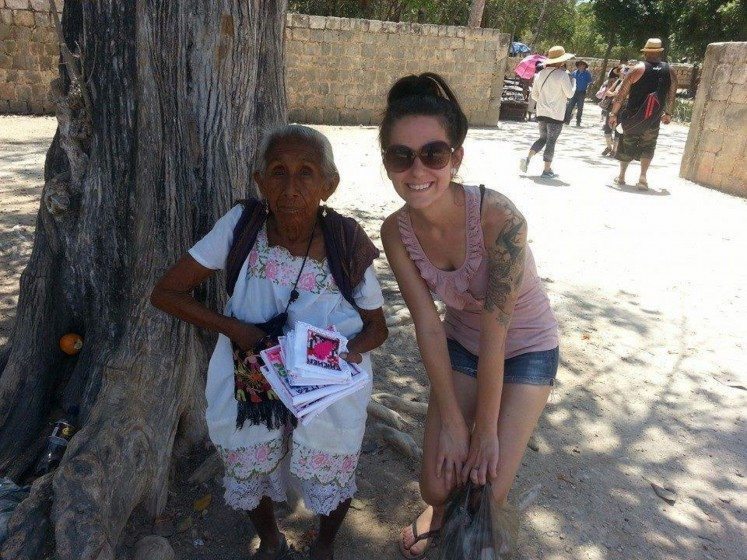
The Inspired Generations programme
Recently, the Secretariat began cooperating with the Quebec-based Youth for Sustainable Development Foundation (YFSD) on their IG programme. This innovative, capacity-building approach, alongside its related “Youth United for Change” programme, engages university students and their teachers across various disciplines in the on-the-ground sustainable development of a city, region, or country through missions over many years. For hosts, the programs offer planning and technical support tools to a local community in a developing country. After a sustainable development diagnostic is agreed upon with local leaders, a conference is set up in cooperation with international, national, regional, and local stakeholders to develop a common vision and a 5-year strategy, all to be managed by a Sustainable Development Committee. The Committee, usually led by local governments and including associations, NGOs, businesses, and local universities, then calls for projects for which it will help to raise funds. In the municipality of Telchac Puerto, Mexico, for instance, the work of the Foundation-supported Committee is focused on increasing sustainability in the main sectors of the local economy: tourism and fisheries. Students and teachers contribute directly to create more socially equitable food and handicraft production systems that are better connected to the needs of the local tourism industry.
Today, nine countries are engaged in the implementation of the IG and related methodologies, with over 300 students and teachers participating. Twelve conferences on sustainable development (and their respective Committees) have been organized since the beginning of 2012: nine in the Indian Ocean and three in Africa, with an average participation of 150 people per conference. 17 projects have been executed since 2013, creating perspectives for green and inclusive economic development and generating approximately 30 local jobs since 2014. Experiences by the YSDF around the world show that such goals are best achieved through involving students in the design and implementation of the IG projects, which include feasibility studies, environmental impact studies, engineering works, training activities, social venture incubators, etc.
Scaling up action for global impact with the CBD
More recently, the SCBD and IG have approached each other to explore synergies. With the objective of coordinating local action with the mandates and strategies of the CBD, a pioneering activity has been started in the province of Samana in the Dominican Republic, where students have so far cooperated with the local Committee on strategies for sustainable fisheries’ management, coconut production, and sustainable packaging/solid waste recycling and management (the latter in cooperation with local restaurants). Annual meetings of the Committee and the IG student/teacher team will allow for further support, stock-taking, reporting, and definitions of next steps. Following the same approach, contacts are being developed in Brazil with the prestigious Fundacao Getulio Vargas.
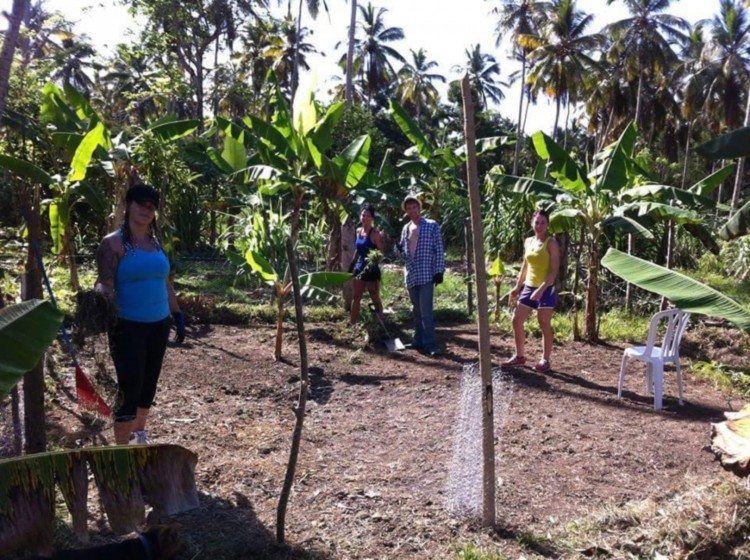
However, in most IG cases, there are still limitations to the scope of integration of CBD objectives and projects could only feed back to national-level CBD-related activities on some issues. It is expected that closer cooperation of the Secretariat and the Foundation, with national focal points for the Convention in future activities, will result in greater efficiencies and multiplying effects.
Perspectives for local action with regional impacts with the Indian Ocean Commission
A more comprehensive local-global connection is being planned in the YFSD’s partnership with the Indian Ocean Commission (IOC) within its ISLANDS Project and Biodiversity programme. In the Seychelles following the IG Symposium in Mahe, April 27-28, 2015, the Foundation and the Commission, in contact with the SCBD, have been working to support the establishment of the Seychelles Committee for Sustainable Development to generate a Status and Action Plan. The Committee will provide a better link with all local stakeholders (NGOs, the private sector, students, local authorities, social and economic actors) bound by a shared strategy and will facilitate public-private partnerships and better linkages with student/teacher networks locally, regionally, and internationally.
In September 2015, the YFSD will co-organize a regional Forum for all the countries of the Indian Ocean involved in IG where these ideas can be explored further. With support from the Secretariat, the Foundation has started a cooperation with the official focal points for the governments of IOC members in Comoros, Mauritius, Madagascar, and Seychelles.
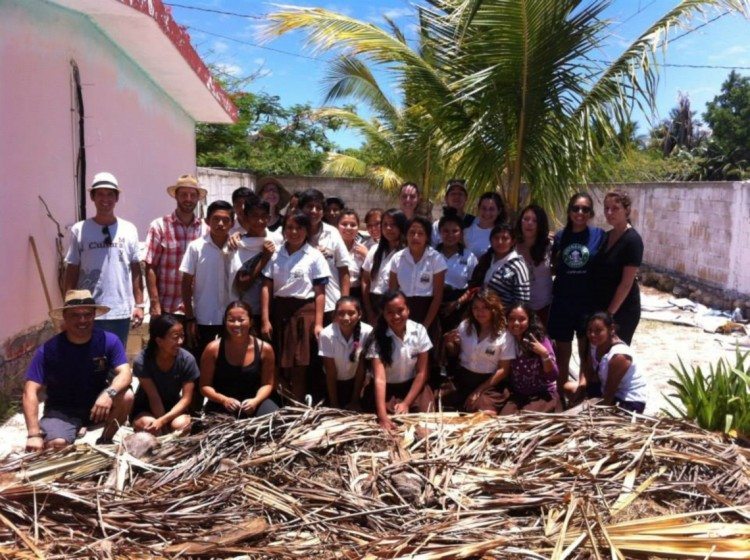
Focus on reciprocal exchanges
In our vision, the reciprocal involvement of youth, teachers, and universities in developed and developing countries is critical. In remarks to declare the IG symposium open at the international Conference Centre in Mahe in April 2015, the Minister for Finance, Trade and the Blue Economy of the Seychelles, M. Jean-Paul Adam, recognised and acknowledged the support being provided by the Commission, the European Union, and the Inspired Generations Programme. He noted how important it is to project the experience of the Seychelles internationally and said the IG is another opportunity for young people to share ideas and to work side by side with their Indian Ocean coastal neighbours.
Universities at the regional or national level on both sides could be further involved in regional technical and scientific cooperation, and activities could be proposed to optimize links to the work of the Convention’s scientific and technical bodies and initiatives. Initial discussions are ongoing to develop exchanges between the University of the Seychelles (UniSey) and international students through a SIDS Youth AIMS Hub supported by Quebec universities and a French network of students (REFEDD, Réseau Français des Étudiants pour le Développement Durable). These partnerships will contribute to UniSey becoming a regional center of expertise and a CBD knowledge hub. These synergies are particularly relevant given that the overall objective of the IOC’s Biodiversity project (an agreement between IOC and EU for the Biodiversity project for an amount of € 15 million over five years) is to contribute to regional integration by promoting an effective, coordinated, and sustainable use of the regional natural capital in compliance with the relevant regional and international agreements. In this sense, future IG activities can be planned to help Parties achieve their national objectives, reflecting the Aichi Biodiversity Targets and thus generating opportunities for students and teachers to support voluntary reporting by Parties.
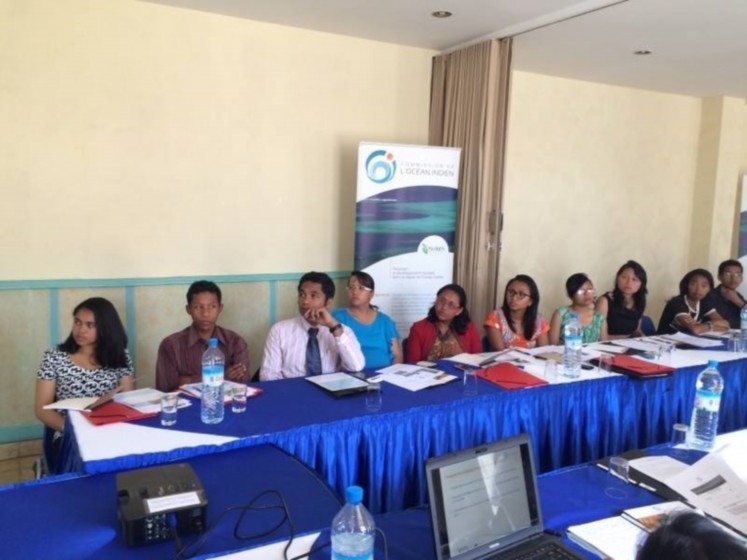
Some ideas for the future
Ongoing cooperation between the Foundation and the Secretariat may result in an IG manual with guidelines and lessons learned about the most effective ways to link local action with implementing the CBD. Better coordination can also result in valuable contributions from students and teachers (with input from local governments and representatives of major groups) to be considered by national governments for voluntary reporting to the CBD in line with the Aichi Targets. Putting the Convention to work requires better local coordination and regional exposure as part of annual Inspired Generations Forums.
As project support by IG is designed for longer range projects, students (Canadian and local) would be uniquely able to witness the evolutions of the Committee’s work, and thus would be able to get qualifications that help them evolve into professionals who can mainstream the services of nature into development approaches while helping to make concrete decisions that address the challenges of local communities. And if the Committees are linked to ongoing government strategies, reflecting local needs identified and revised in multi-stakeholder governance systems, the IG teams on both sides can help Committees align their strategies with national and global policies; identify and address technical and scientific needs and cooperation; exchange opportunities; and (through reporting to the Convention) get global recognition of their progress.
Other similar programmes and initiatives could follow suit—the Foundation regularly cooperates with other agencies and organizations supporting students in Canada and elsewhere. We look forward to exchanges and comments from TNOC’s expert community about capacity-building and professional development opportunities for youth on urban and local development strategies that address the need for integrated approaches. Please contact us at [email protected].
Oliver Hillel & Manuela Gervasi
Montreal
about the writer
Manuela Gervasi
Manuela Gervasi is an urban planner with a master’s degree in Environmental Governance awarded by the Institute for the Advanced Studies of Sustainability of the United Nations University in Tokyo and another in Urban Planning and Policy at the Polytechnic of Milan.

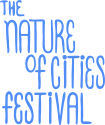
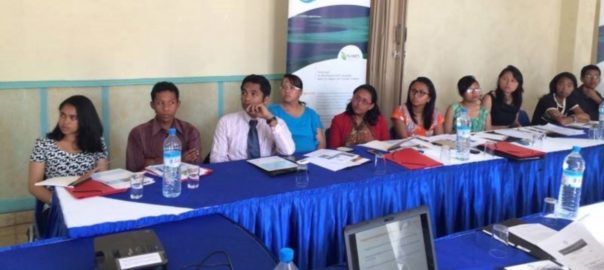
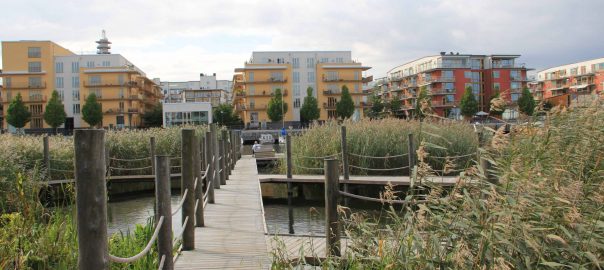


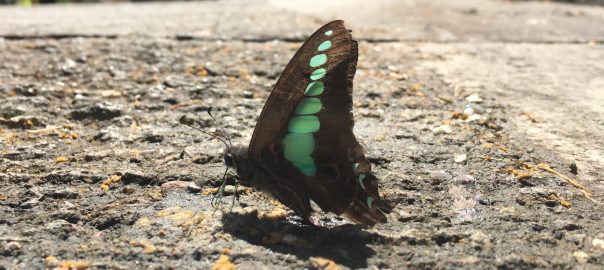
Leave a Reply